Resilience in Madagascar cannot be achieved without targeted risk financing instruments and inclusive insurance systems that protect the most vulnerable before, during, and after crises.
— Madagascar —
resilient. responsive. inclusive.
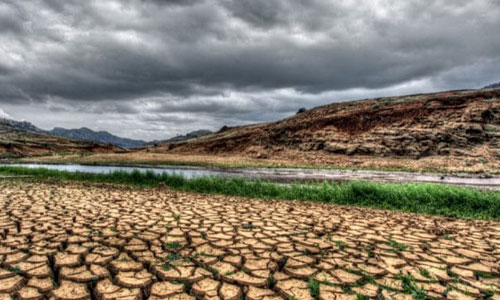
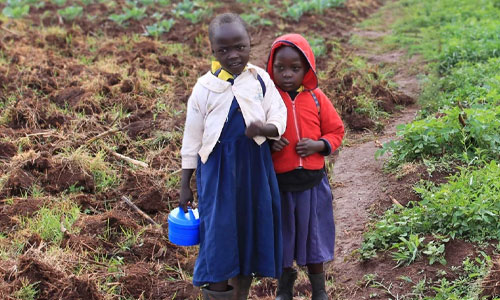
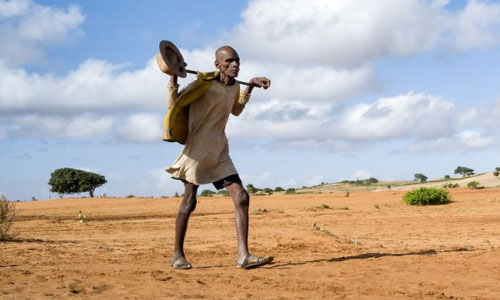
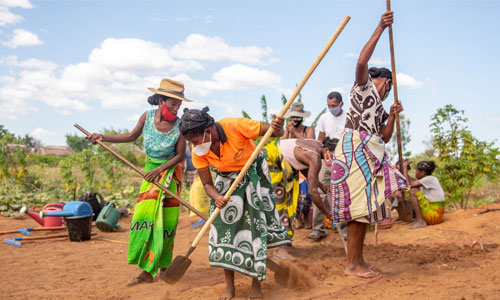
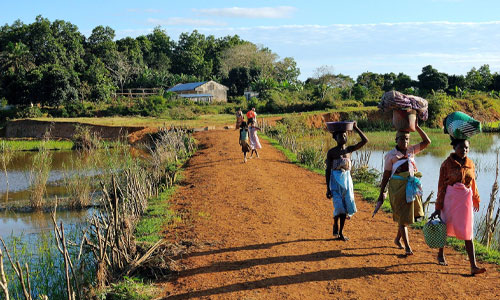
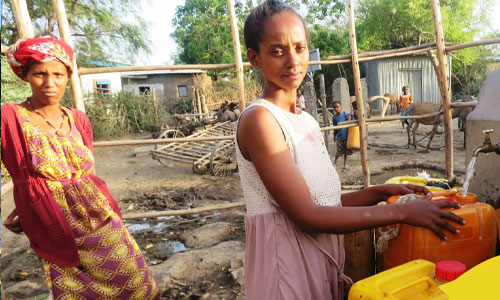
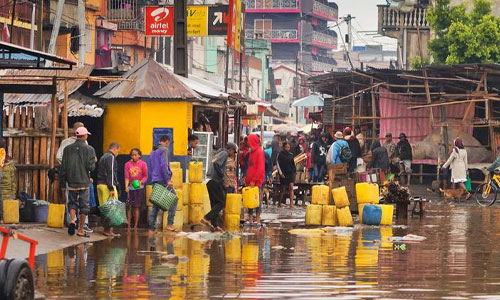
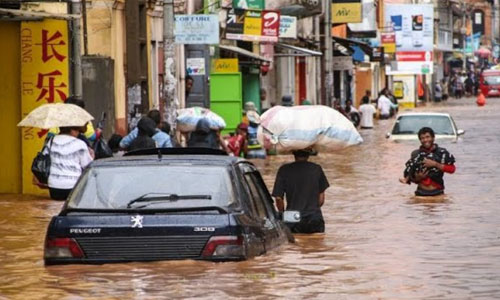
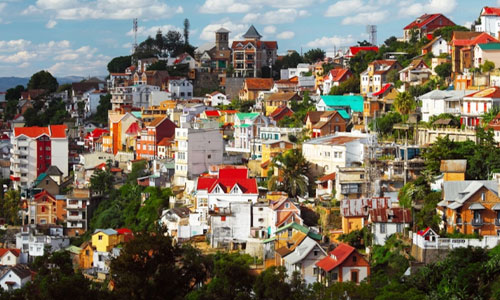
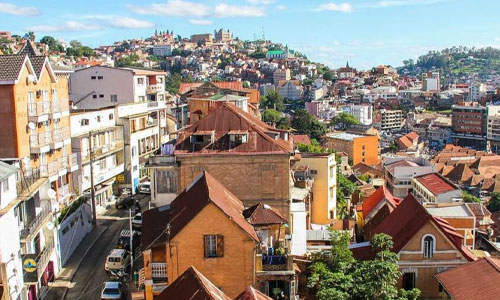
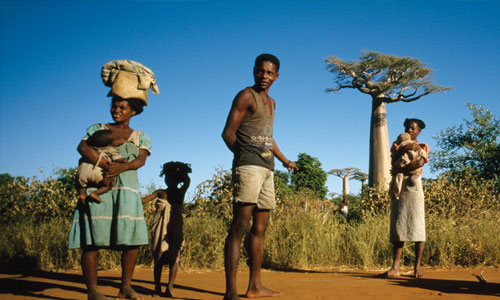
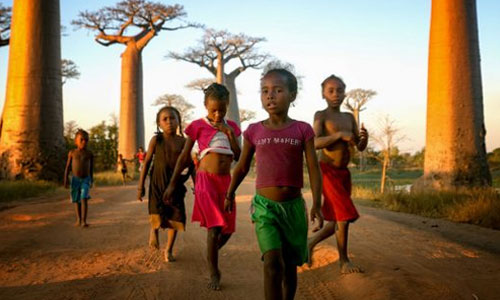
Strengthening Financial Resilience in Madagascar: Expert Review of the Country Diagnostic on Inclusive Insurance and Risk Finance
“Inclusive insurance and risk finance are essential for safeguarding the development gains of vulnerable nations like Madagascar in an era of rising climate threats.”
— UNDP Insurance and Risk Finance Facility (IRFF)
Challenge
Madagascar remains one of the world’s most climate-vulnerable nations, consistently facing severe cyclones, recurrent droughts, and localized floods. These shocks threaten the livelihoods of over 80% of the population who live in extreme poverty. The country’s exposure to climate and disaster risks ranks it 17th out of 193 countries in the 2022 World Risk Index, with a striking lack of adaptive capacity and financial preparedness.
Yet, inclusive insurance coverage remains negligible, while disaster risk finance (DRF) mechanisms are fragmented, underfunded, and lack systemic coordination. Despite the growing need for proactive financing solutions, Madagascar’s insurance penetration is shallow, with limited products, weak enabling legislation, and inadequate infrastructure to support market development.
The Government of Madagascar (GoM), in partnership with UNDP and its Insurance and Risk Finance Facility (IRFF), recognized the need for a comprehensive, evidence-based review to guide future interventions and policy direction.
To this end, a detailed Country Diagnostic on Inclusive Insurance and Risk Finance was developed in 2023 by local experts. This critical document required international validation and expert scrutiny before final adoption and to ensure consistency between various country's reporting.
Strategy
To ensure the diagnostic met international standards, Russell LEITH of GG International was commissioned by UNDP to conduct an independent review and validation of the draft report.
As Risk team leader and global expert on inclusive insurance and sovereign risk finance Mr Leith reviewed each of the country diagnostic reports to ensure consistency of reporting and therefore ability to benchmark between countries reported on. He was supported by Shaan Stevens, an international legal and regulatory expert from GG International, who provided analysis of Madagascar’s legal and institutional frameworks.
Their mandate included:
- Testing the diagnostic’s findings against global best practice and available data;
- Proposing refinements to the methodology, conclusions, and policy recommendations;
- Ensuring coherence between Madagascar’s national strategies and emerging global frameworks;
- Identifying gaps in disaster risk modelling, sovereign insurance mechanisms, and microinsurance market development.
The team engaged in targeted stakeholder consultations, reviewed regulatory decrees (e.g. Law 2015-031, Decree 2019-1958), and cross-validated disaster risk finance mechanisms—including the National Contingency Fund (FNC), CAT-DDO loans, and African Risk Capacity insurance payouts.
Transformation
The final review:
- Validated the key findings of the national diagnostic, especially around the need to scale up risk finance instruments and improve data-driven modelling;
- Refined critical policy recommendations, such as the need for a legally binding DRF roadmap, investment in inclusive insurance for low-income households, and sustainable funding models;
- Strengthened the report’s alignment with UNDP’s IRFF standards and positioned the diagnostic for official adoption and publication.
The reviewed report now stands ready to:
- Guide UNDP’s future technical assistance in Madagascar;
- Support Government reforms in disaster finance and insurance regulation;
- Inform donor coordination and private sector engagement in financial resilience.